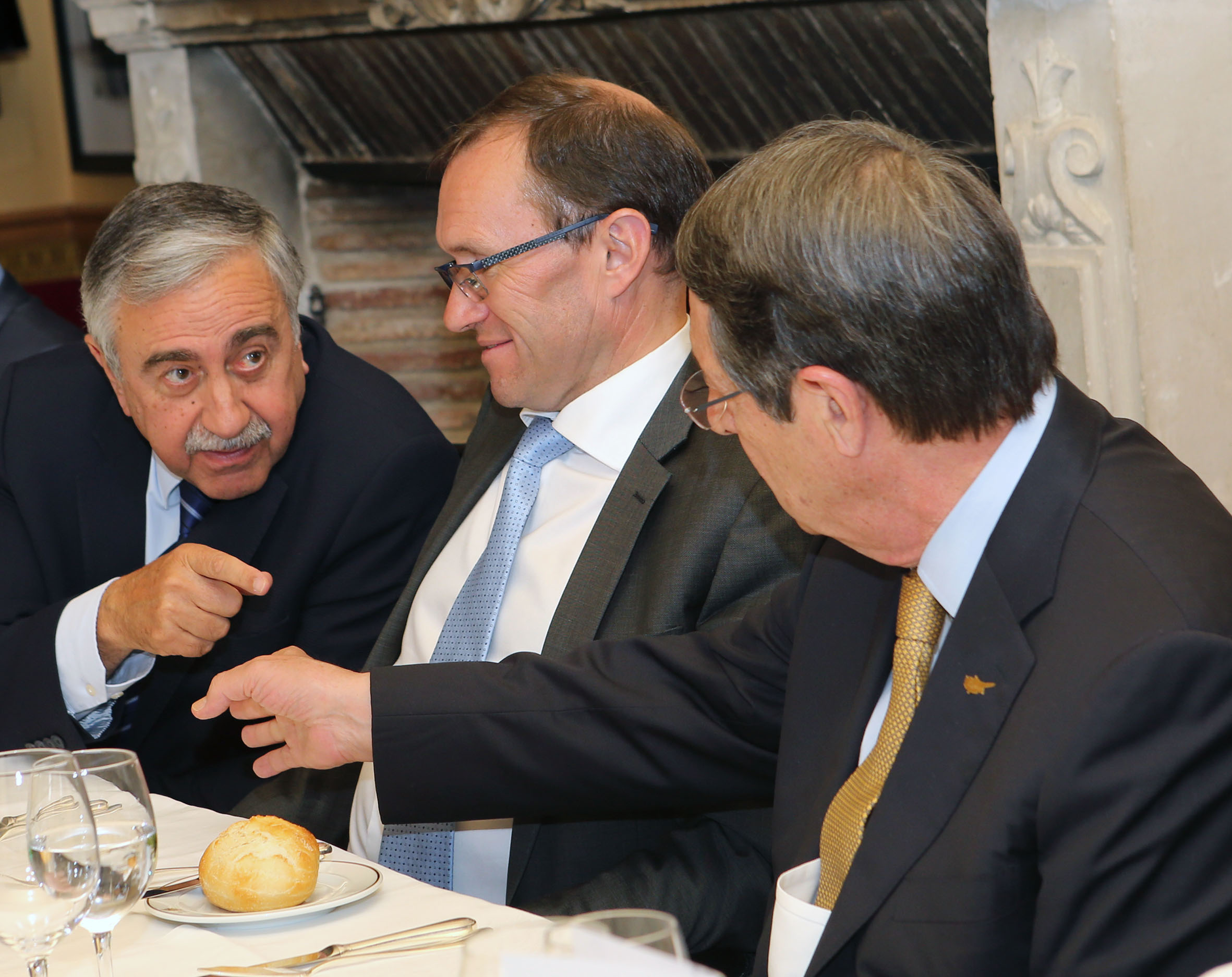Greek and Turkish Cypriots have become more estranged since the “spectacular collapse” of talks in 2017, according to the latest Crisis Group report on Cyprus – which argues that small, but meaningful, steps can be taken to lay the groundwork for future developments.
“Prospects for the reunification of Cyprus have dimmed dramatically over the last six years… For its own sake, and for the benefit of regional stability, Cyprus needs to pull out of the spiral in which it finds itself,” the NGO and think tank warned this week.
The Crisis Group identified key challenges which have long troubled the island along with more recent risks but emphasised that there is room for positive action.
The wide-ranging report identified seven key issues, including geopolitics and militarisation, a widening split over sovereignty, Ankara’s increasingly assertive role in the north, Varosha, challenges facing the technical committees and grassroots distrust.
Tension over hydrocarbons was also raised as a major concern.
According to the report, although reunification in the short-term may not be feasible, those involved can reduce tensions by engaging in constructive dialogue to pursue smaller objectives, such as facilitating trade, enhancing cooperation within the island, and gradually moving towards reconciliation.
Despite offering a gloomy overview of the situation – namely the inherent damage in a hardening divide – it cited some of those involved in the 2017 talks as stating that the Cyprus problem came close to being resolved.
However, it said that: “Not only have the parties shown few if any signs of returning to the negotiating table since Crans Montana, but all have also embarked upon policies that harden divides and thus worsen their knock-on effects.”
But even within that gloomy outlook, the Crisis Group found a silver lining – arguing that “there is at least some prospect that broad acknowledgement of the deadlock could lead the parties to seek a more functional modus vivendi – spurring cooperation that would benefit both sides of the island as well as the broader region”.
The report, with research completed in early 2023 and issued on April 17, spoke to officials involved in the Cyprus problem.
Indeed, Crisis Group said that former Turkish Cypriot leader Mustafa Akinci’s key takeaway from years of work to forge a federation was that there is no point in going back to the negotiating table until the desire to live together and share power trumps comfort with the status quo, particularly among Greek Cypriots.
The report reasoned that previous deadlocks were broken by the proposal of confidence-building measures but since Crans Montana similar efforts have foundered.
Indeed, it reiterated that both parties have since rejected each other’s proposed confidence-building measures.
It added that “a return to the sorts of conversations between Turkish Cypriots and Greek Cypriots that led up to the 2017 summit is difficult to fathom absent a dramatic (and unforeseeable) geopolitical catalyst”.
Considering that, it reasoned that “the most plausible deals will aim small in the hopes of building toward a moment when more is possible”.
Researchers also pointed to other interesting developments, such as Moscow potentially courting the north and possibly a change in how it approaches the Republic.
“The naming of a new Russian ambassador to the RoC, Murat Zyazikov… fuelled speculation as well. Zyazikov, a Muslim, is now in a role in which successive Russian ambassadors have spent much of their time emphasising the bonds between the Russian Orthodox community and the Greek Orthodox church in the RoC,” the report added.
Elsewhere, it pointed to the important work carried out by the technical committees but lamented the setbacks they faced – particularly on apolitical issues such as the environment which is islandwide.
“Progress [by technical committees] is stymied by Greek Cypriot aversion to anything that would suggest recognition of Turkish Cypriot control in the north. Committee projects can be delayed for months, if not years, by fights over terminology to which either the Greek or Turkish Cypriots object,” the report stated.
As for Turkey’s influence in the north, the Crisis Group said that Ankara is “seemingly tightening its leash on northern Cyprus” which both impacts the Turkish Cypriot community’s identity while also feeding into the Greek Cypriot perception that they are truly dealing with Ankara, not the north.
In terms of militarisation, the report discussed closer cooperation by the Republic with the US and France, and on the other hand between Turkey and the north – where it “has fortified its military positions”.
It added that it does not expect the upcoming elections in either Greece or Turkey to have significant impacts for Cyprus.
The report concluded that since a comprehensive deal seems to be out of reach for now, the parties could adopt a conciliatory stance and pursue transactional cooperation for their mutual benefit, such as collaborating to facilitate trade and travel, and jointly taking incremental steps.







Click here to change your cookie preferences